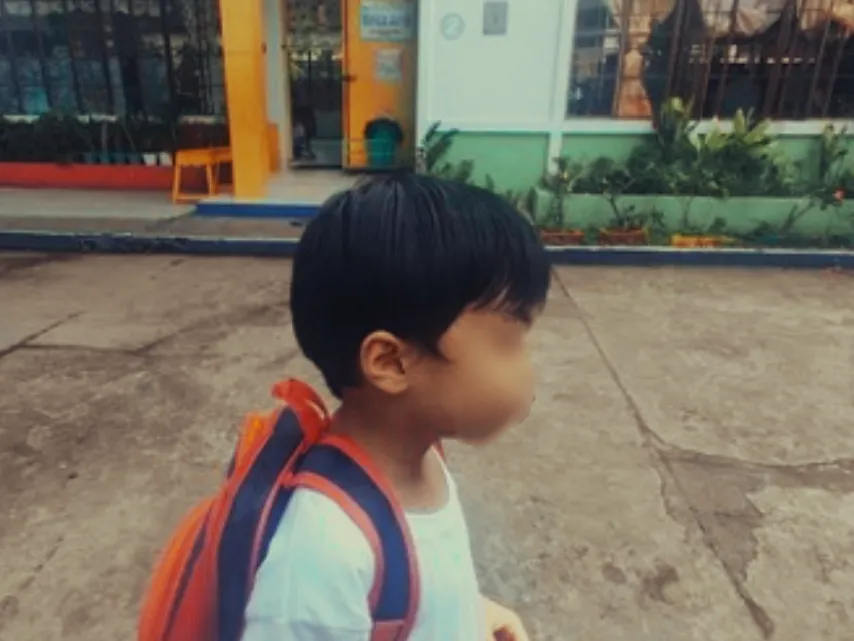Born With An Advantage
Gundelina A. Velazco, PhD
August 31, 2023
I wrote the following excerpts of an article almost six years ago:
Born With An Advantage
Gundelina A. Velazco
October 26, 2017
The original title of this article was "Born Disadvantaged." But somewhere in my despairing thoughts, something lit up and changed the course of my pen.
I had originally felt that the stars conspired against this child. He was born to a mother who had experienced extremely difficult circumstances.
Maybe due to drugs or other causes or genetics, the baby was born unseeing. Two different specialists examined the baby, and they were in agreement that the baby would not be seeing.
I sometimes convince myself that his vision seems to be improving. But I sink into despair again and again when I test his unseeing eyes and realize my wishful thinking.
I then cringe at visions of what might become of this child—a blind beggar on the street, going hungry, mocked by people, kicked around—stop! I checked myself. Because the baby just laughed a mirthful laughter, as if living the moment to the fullest, shaming my despair.
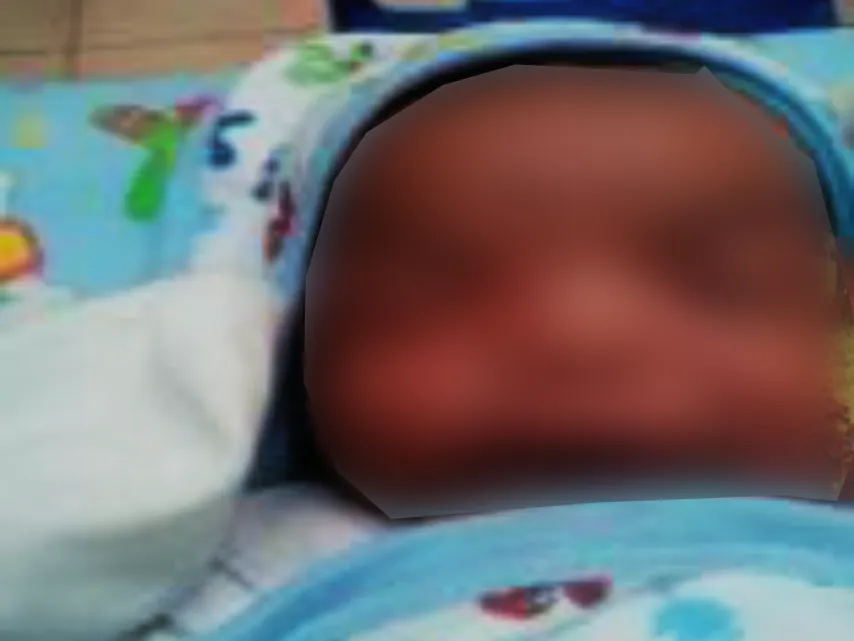
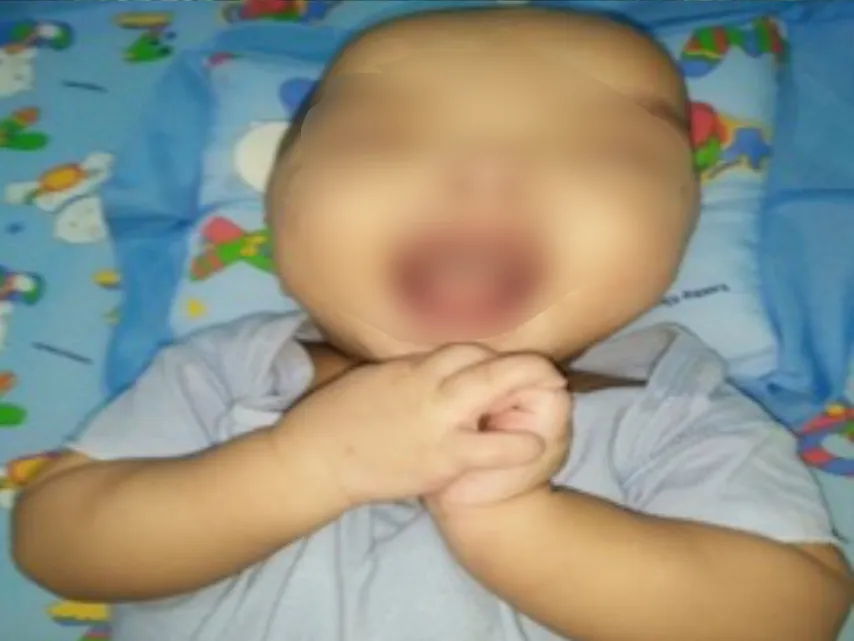
He takes the world in as any normal baby does, basking in the love and caring touch of those around him. He responds fully to endearing words, as if anchoring his trust and hopefulness on those sounds. These are all he has—the caring, the touch, and the music of the words—but they seem to be enough for him, thus encouraging and forcing me to look at the bright side. Oh yes, for as long as the Round Home is there, with faith, he has an advantage.
Didn’t I say that we are taking up the challenge of creating greatness out of brokenness, finding beauty from the ashes?
It is his mirth that now enables me to conjure up visions of a great artist, an excellent scientist, or an accomplished professional. Love can make that possible.
August 2023
At birth in a provincial hospital in 2017, he was diagnosed with Peter's anomaly. We had him thoroughly examined at a bigger hospital in Manila. The finding was anterior corneal opacity. There is no cure, we were told.
We took him to a national hospital. He was put on queue for a corneal transplant, but even with the transplant, there was no guarantee he would see, we were told. He is still in the queue after five years. After a number of visits to the doctor, he was also diagnosed with Pervasive Developmental Disorders, now known as Autism Spectrum Disorder. The doctors’ prognosis for language development and social interaction was not very good.
We were discouraged, asking what God's plan was for this child. But we also dared to ask why he was put in our care. So God’s plan must include us. It was not without apprehension that we asked, "Are we able?"
From being discouraged, we had to muster defiance to defy all diagnosis and prognosis and let God mold this child to become what he could become according to His plan.
We did what we could, physically, psychologically, and spiritually. The child was tutored, coached, and trained. Most of all, he was loved. He was also raised in faith, which, in this situation, was the only strong weapon in our arsenal. He was taught the prayer of Bartimaeus, the blind man, when Jesus asked him what he wanted from Him: "Lord, I want to see."
Slowly, over the past few years, he has shown signs that his sight is developing. He recognizes all staff and children at the
Round Home and calls them by name. He can see his way around the property and conducts himself without accident. He can identify all the colors without making a mistake. At the virtual check-up, the doctors are amazed at his excellent language skills, with perfect Filipino grammar. He is a sweet and loving child.
Today he goes to school.
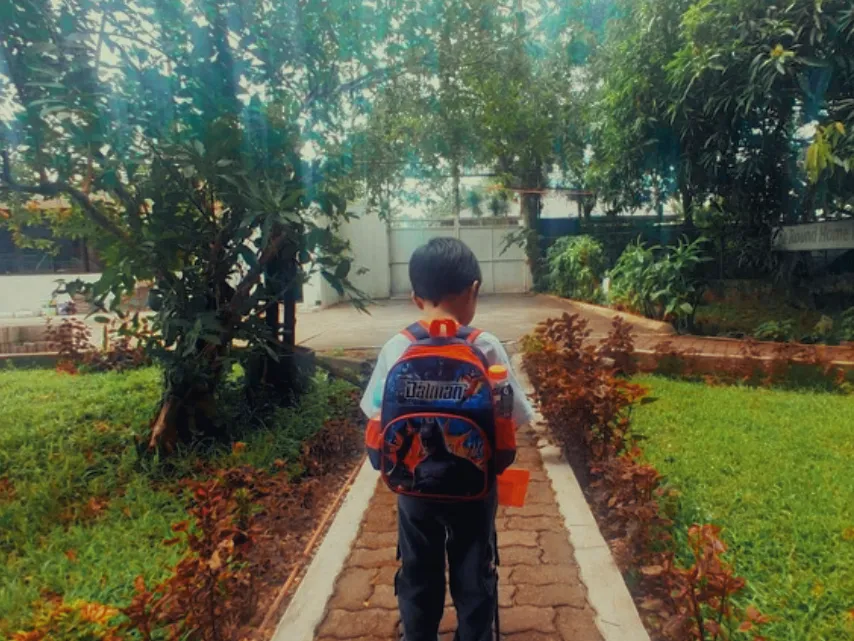
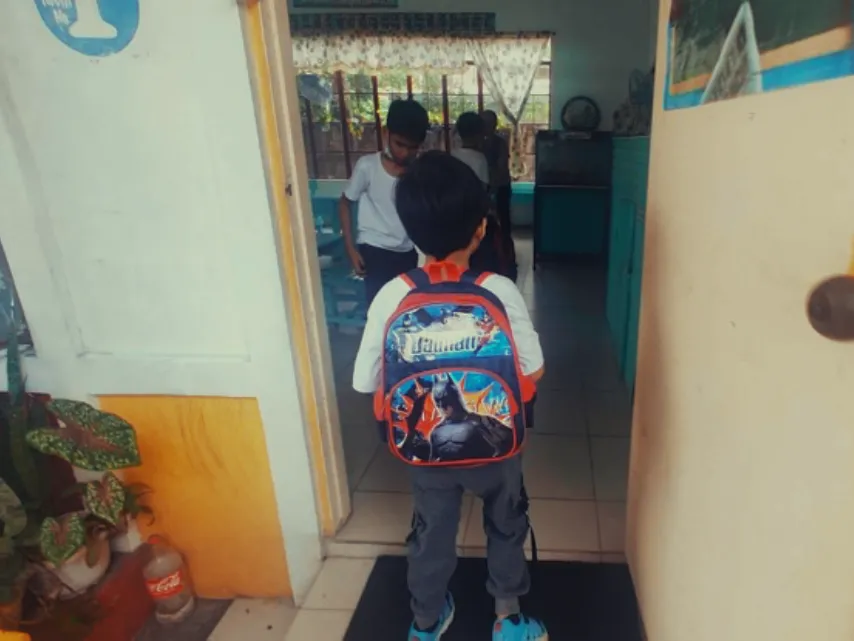
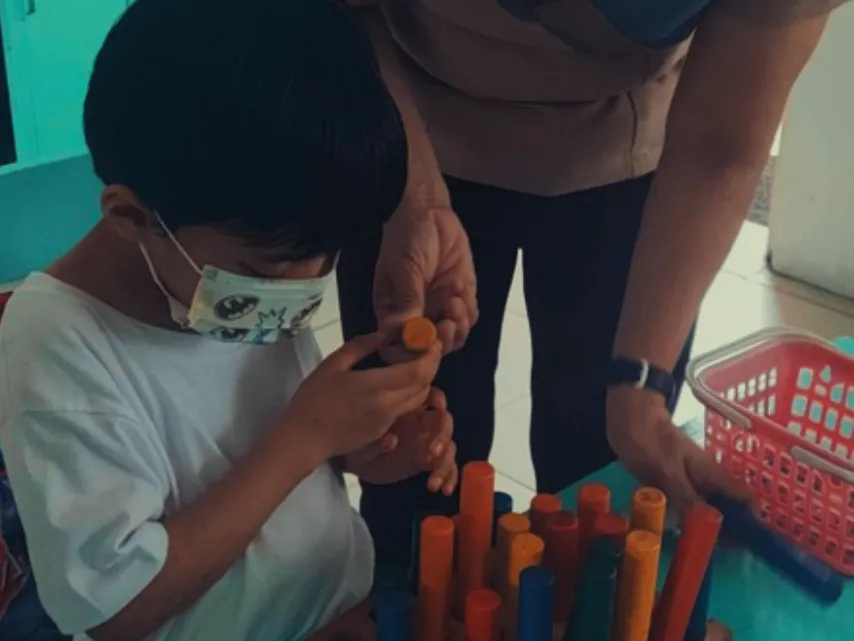
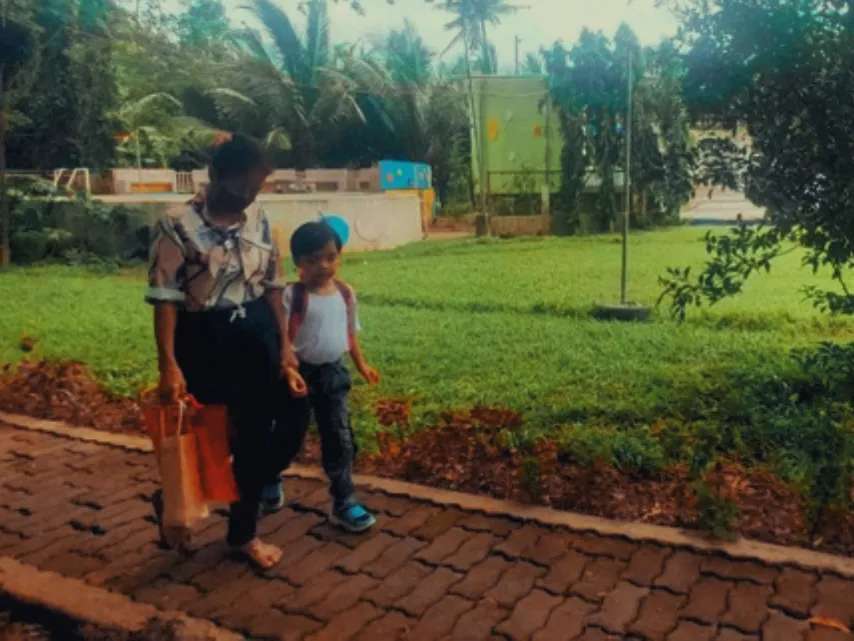
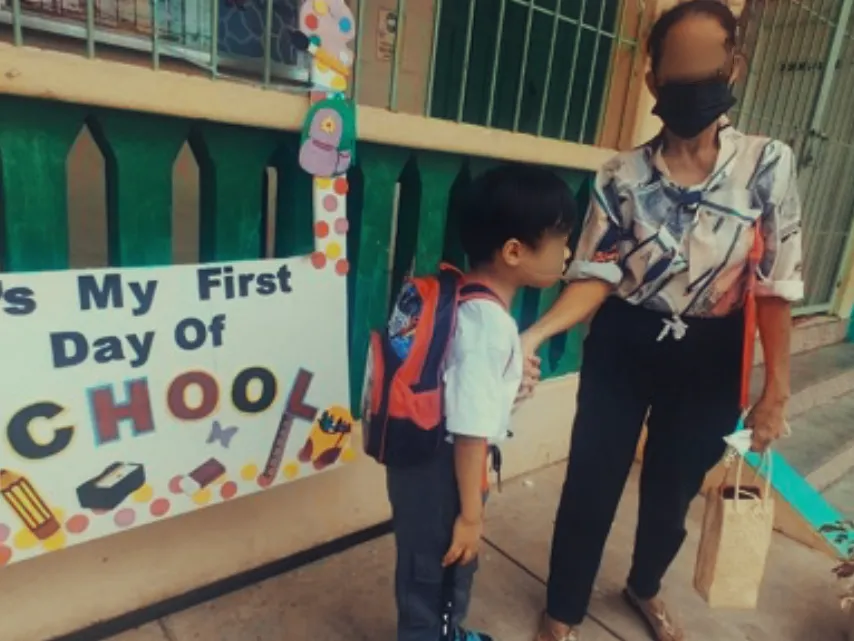
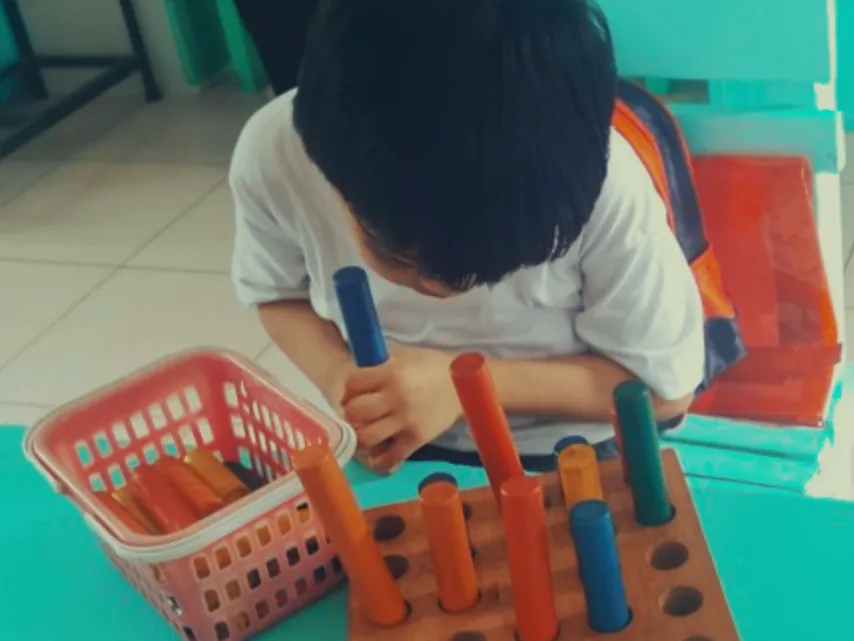
In the books, one characteristic of Autism spectrum Disorder is avoidance of or lack of eye contact. But from his partially seeing eyes, he does have sympathetic and attentive eye contact, which is not even common to many children his age.
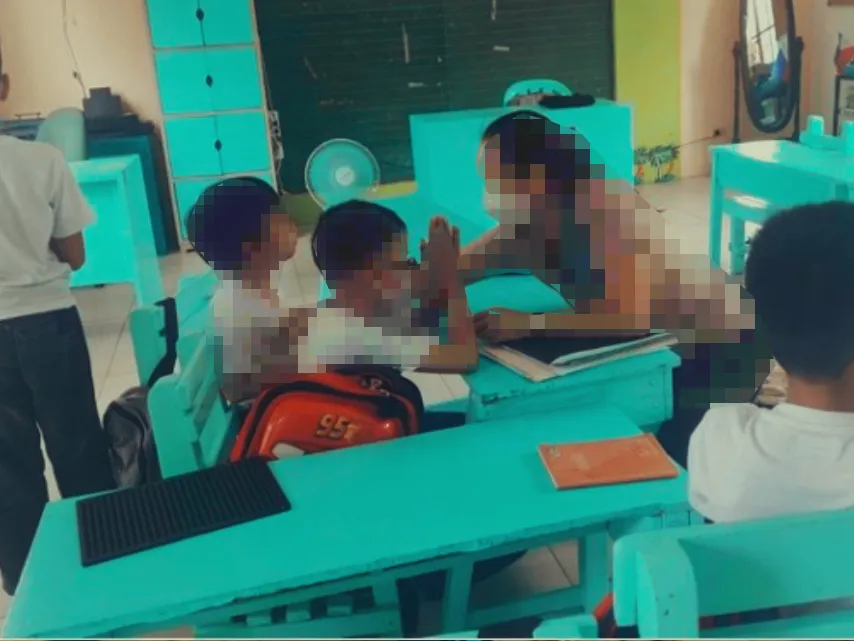
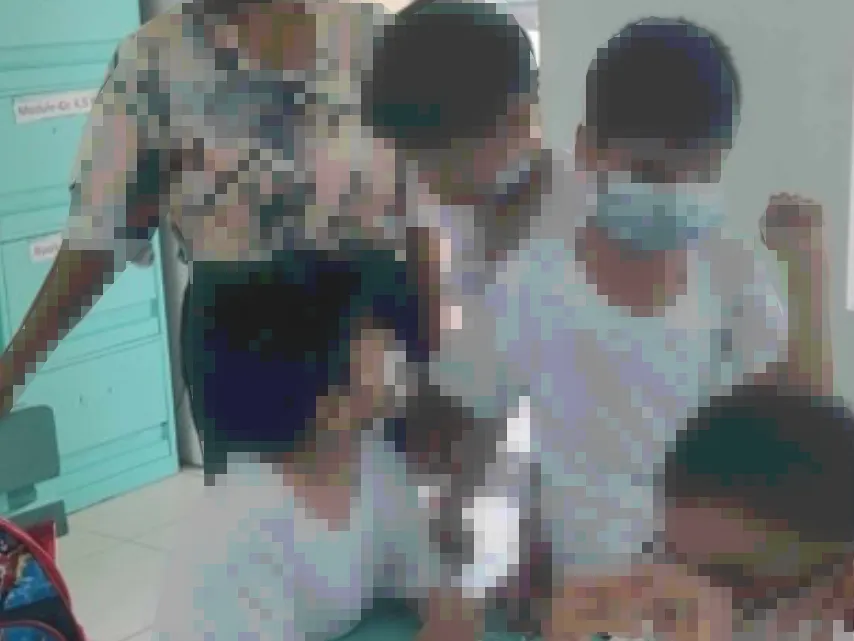
The teacher was having difficulty assisting another child. Suddenly, he gently took the hand of the teacher and said, "Teacher, you are tired. I will help you." The teacher was overwhelmed and could not get over it. She said she was not expecting this. She marveled at how kind a child he is.
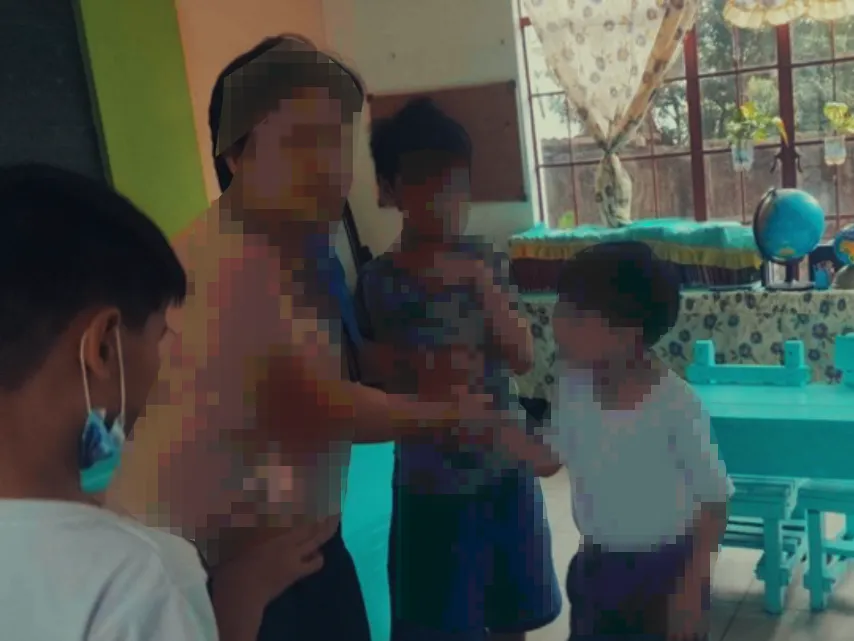
According to the books, another characteristic of Autism spectrum disorder is a lack of empathy and poor social communication and interaction.
He has defied much of the predicted trajectory of his disadvantaged beginnings. It is now with joy and faith that we ask, "What else has God in store for this boy? And it is also with faith that we declare, "Here we are, if you will, teach us what to do."
Defiance, as a value of Love146 is not shown in our words or actions. It is manifest in the unfolding lives of the children that God has entrusted to our hands.
This is what matters. One unfolding life where time does not wait. And another. And another. All loved and cared for with equal intensity to help them defy and overcome the odds and become what God wills them to become, according to His plan. This is what matters.
This evening, he came to my room and talked vivaciously about school. I congratulated him. He is excited to go back to school tomorrow. - GAV
